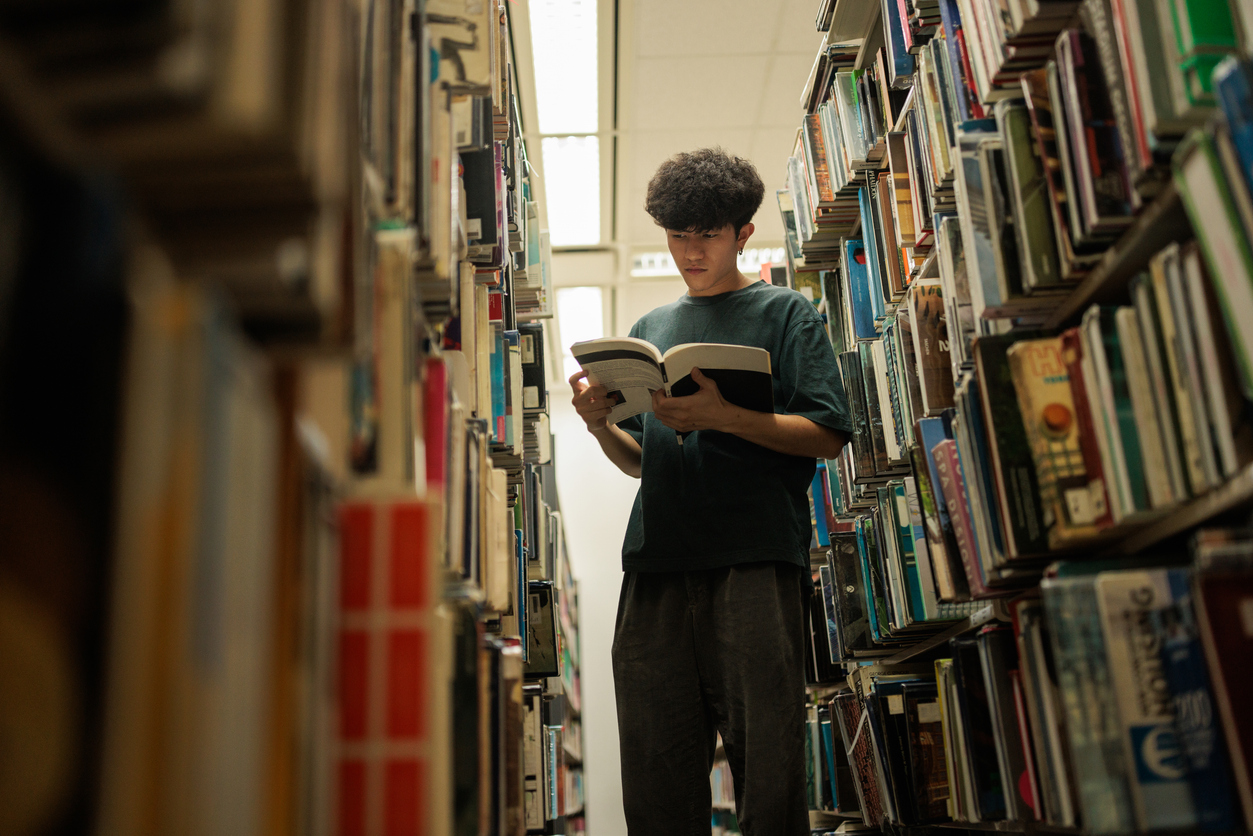How to prepare neurodivergent students for life at university
The transition from high school to university can be difficult for all students – but is often particularly challenging for those who are neurodivergent

Sponsored by
The transition from high school to university can be difficult for all students, whether they are neurotypical or neurodivergent.
Students are faced with new academic challenges and expectations in an unfamiliar environment. And, for many, it is the first time they have lived away from home.
The skills they need to thrive are often a challenge – especially the time management and self-discipline they need to ensure a successful transition.
On top of this, there is the huge challenge of making new connections and developing a new social network, which can be daunting and overwhelming.
However, this transition is a particular challenge for neurodivergent adolescents, who face up to 10 times greater risk of mental health difficulties compared with their neurotypical peers. The challenge of the transition from high school to university can “trigger or exacerbate mental health issues such as anxiety and depression”.
As future pathways advisers, it is our job not only to guide students towards applying to – and being accepted by – universities, but to prepare them for the transition to university life. This part of our role is especially important for neurodivergent students. So, how do we do this?
How to prepare neurodivergent students for life at university
Here are my 10 strategies for preparing neurodivergent students for life at university.
1. Research which universities offer the best support
Compile a list of universities in different countries that are rated highly for neurodiversity inclusion. Share this with the student as a preliminary list of universities to look into.
For example, Times Higher Education produces an annual Impact Ranking. If you select SDG 3 (health and well-being), this gives a list of the top universities in the world that “excel in addressing key health challenges such as mental health support, access to essential medicines and reproductive health services”.
2. Declare any diagnosis in the university application
I always encourage my neurodiverse students to declare their diagnosis in their university application. This usually means that the university will reach out to them beforehand to offer support. If not, the student can contact the university to ensure that support will be in place. Even if the student feels they don’t need any support, it can help reduce anxiety to know that it is there.
3. Research what social clubs are on offer
Every university has a vast array of social clubs to join. This in itself can be overwhelming. Once the student has accepted an offer, help them make a list of the clubs they will try out when they start.
Being proactive before starting university and deciding which clubs to join can make the process easier and give the student confidence to take that first step towards making new friends. As an example, Loughborough University in the UK has this page on their website for students to explore.
4. Write a list
I suggest to my neurodivergent students that they make a list of things they need in order to thrive at school – and thus may need at university. This could include extra time in exams, for example, or permission to wear noise-cancelling headphones to assist with concentration.
I encourage students to send this list to the university support services team ahead of time. This can help the student relax, knowing that they have already shared important information – rather than anxiously anticipating a meeting they need to attend when they start university.
5. Teach students self-advocacy
The points above require quite a bit of student self-advocacy. This can be hard when the student has possibly always relied on their caregiver to advocate on their behalf.
Therefore, any lessons on self-advocacy can be really helpful. Allowing students to develop this skill while they are at school means they will be strong self-advocates by the time they arrive at university.
6. Teach life skills
Can your students cook, iron, sew on a button, make doctor’s appointments and pay bills? Mini lessons where the students learn these skills are not only great fun but can also help students to feel more prepared for their university experience.
7. Encourage them to visit the area beforehand
Once the student knows where they will be going to university, I always recommend that they visit the area beforehand with their family, if possible. That way, they can figure out where everything is: banks, doctor’s surgery, grocery store and launderette. This ensures that this does not become an overwhelming process when they start university.
A small list of contact numbers also comes in useful. Include the doctor’s surgery, police, ambulance, Samaritans, admissions office and university support services.
8. Order books and study materials in advance
The more a neurodiverse student can do before they arrive for their first day at university, the better. That way, they are doing bite-sized tasks over an extended period of time, which can feel less overwhelming. In addition, if they do these things before leaving for university, they will potentially be able to draw on help from family and friends.
If the university publishes a list of course materials and books needed for the first semester, the student can buy everything ahead of time. That way, they don’t need to worry about where to purchase the materials – especially if they are in a completely new country.
9. Give yourself six months
Neurodiverse or not, the transition to university is hard and it is likely that everyone will struggle in some way or another. I tell my students to give themselves six months to settle in. If, after six months, they haven’t found their social circle and aren’t thriving in their new university life, then maybe consider another path. But don’t drop out before the six-month point.
10. Be kind to yourself
This may be the most important point of all. Remind students to be kind to themselves. Encourage them to make a self-care list and, when they are struggling, to look at the list and do something that brings them joy. Take one day at a time and celebrate the small wins.
Of course, even if we prepare our students well, it is also important that the university the student chooses is neurodiverse-friendly. This article explains how to create an inclusive campus for neurodivergent students.
By working together, future pathways advisers and university admissions officers can ensure that our neurodivergent students thrive in higher education.




